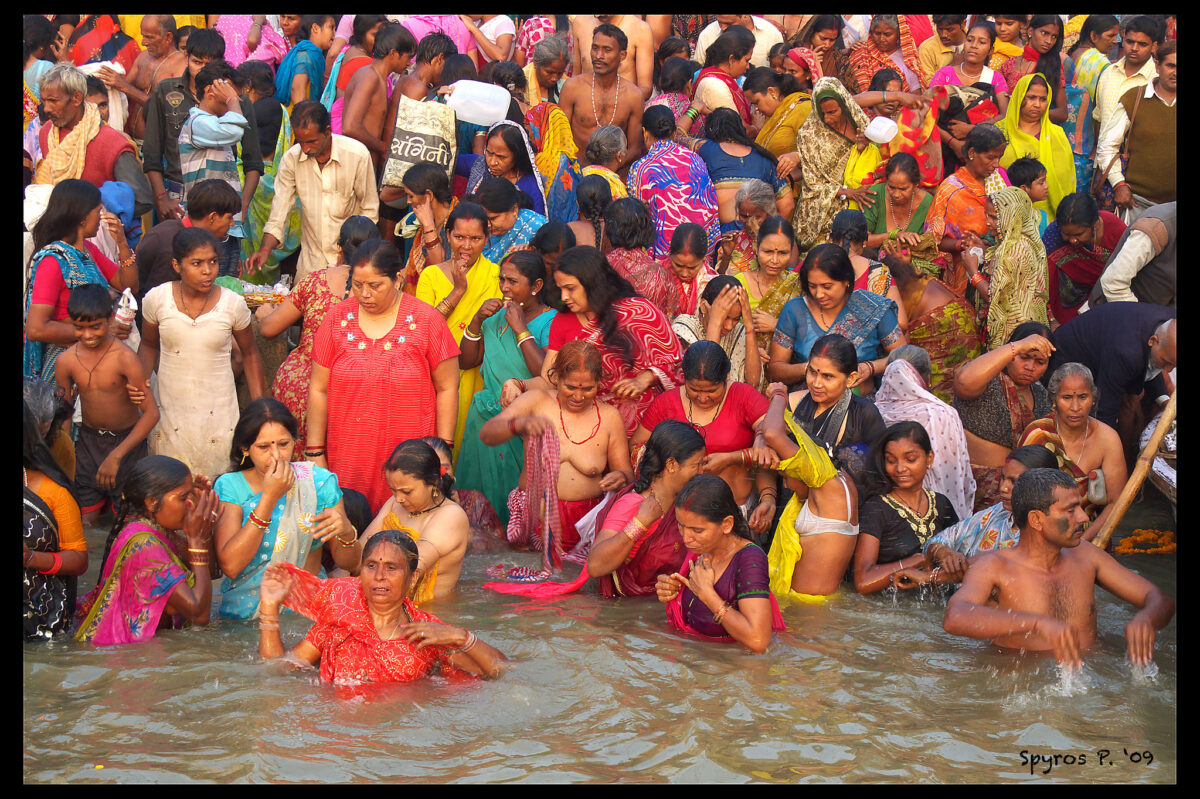Some countries’ ham-handed responses to the coronavirus pandemic are bad enough without throwing religious extremism into the mix.
To state that there have been a wide range of strategies to combat the 2019 (2020, 2021…) coronavirus global scourge would be stating the obvious. We have all seen governments struggle with what to do as they seek to weigh competing, equally important issues simultaneously: shutting down the nation to stop the spread vs. destroying the economy; limiting travel vs. allowing trade to continue; getting populations to trust in science vs. a general distrust in government across the board.
As a side note it is easy to point fingers and raise voices against what governments are doing, and not doing, to defeat COVID-19: we are certainly seeing a cacophony of criticism especially against Ontario Premier Doug Ford these days. For what it is worth, and I am no pandemic expert, we might want to cut our leaders some slack as these challenges are unprecedented in modern human history: the last time we were faced with a disease on this scale was a century ago (the 1919 Spanish influenza epidemic).
Still, there are some outliers that one cannot describe as anything but competent, even criminal. Like pretty well everything former US President Trump did at the beginning of the outbreak. Ditto for Brazilian President Jair Bolsonaro.
To that list we have to add India’s Prime Minister Narendra Modi it seems.
The situation in India
That Mr. Modi has coddled Hindu nationalists and extremists for years is no secret (and something I covered to some extent in my 2019 book When Religions Kill). His political party, the Bharatiya Janata Party (BJP) has been inexorably tied to the fundamentalist/extremist Rashtriya Swayamsevak Sangh (RSS) for a very long time. In my view, Mr. Modi has shown himself to be the most nationalist Hindu PM in a very long time. Nationalism is one thing – I am a proud Canadian nationalist for the record – but that feeling can morph into extremism and, in the worst case scenario, violent extremism if left unchecked.
Part of the hatred inherent in these ‘nationalists’ is directed at India’s Muslims, a longstanding community in the region. Some, including highly-ranked officials, have taken to using the tertm ‘biryani eaters’, a reference to a meat and rice dish that came with the Mughal Empire in the 17th century, to refer to Muslims, and not in a good way. When angry farmers took to the streets earlier in 2021 to complain about agricultural reforms they claimed would upend their livelihoods, BJP politicians dismissed them as ‘rogue agitators’ who had been bribed with biryani by Muslim extremists.
I will direct the reader to When Religions Kill to learn more about the violent extremism (i.e. terrorism) actions of some linked to the RSS as here I want to focus on its role in India’s poor game plan vis-a-vis COVID. Simply put, the Modi government and its state counterparts as well as this organisation and others have been grossly irresponsible in putting religious festivals over public safety and common sense.
Hundreds of thousands of Hindus gathered to bathe in the Ganges on April 14 in the Hindu Kumbh Mela festival, where crowds gather to take a holy dip in the water. There was little evidence of social distancing or mask-wearing, according to witnesses. As a consequence, at least in part, India’s new coronavirus infections hit a record that day (184,372 cases in a 24-hour period): that number keeps growing (it hit 279,487 new cases and 1,626 deaths on April 22).
And the insanity is not ebbing.
In response to concerns raised earlier this week that the Kumbh Mela, or pitcher festival, could turn into a “superspreader” event, Uttarakhand state’s chief minister, Tirath Singh Rawat, said “faith in God will overcome the fear of the virus“.
When we talk of religious extremism we are referring to several different phenomena. Some are merely ‘fundamentalist‘ in nature (like Islam’s Salafism or some US-based Christian denominations). Others are more worrisome. Still others are very serious in that they turn to violence.
The extremism on display here is not violent in that it is not seeking to kill anyone. And yet, the practices supported and encouraged are leading to deaths from a virulent form of the flu. While we cannot say that any given festival was directly responsible for these deaths it is fair to point out that the lack of social distancing and masks witnessed at events of this nature should be interpreted as indirect causes.
The madness must end
Religion and faith are very important to billions of people on Earth. Those for whom meaning is derived by their belief systems are undoubtedly suffering through the cancellation of services and commemorations. But while this suffering is indeed unfortunate is it not reasonable to forgo certain practices in the interests of the majority? Can worship not be temporarily on hold?
It is incumbent on the Modi government to make the right decisions and put a stop to this madness. Should he fail to do so many more Indians will die from a disease for which there is a vaccine – India is the world’s top producers of these drugs – and for which their are widely agreed upon best practices.
The ball is in your court Prime Minister.
Read More about Covid-19
Terrorism: Canadian Style Eh!
The “Freedom Convoy” in Ottawa have made international headlines and even spawned similar actions abroad. Some have called it “terrorism”. Is it really?
Policing a capital city during a major demonstration
Episode 124 – As Ottawa is still dealing with an anti-vaccine mandate trucking convoy, Borealis talks to former Ottawa Chief of Police Charles Bordeleau.

November 18, 2013: ‘Terrorist attack’ at Bahamas newspaper?
On November 18, 2013 a grenade was thrown through the front door of a newspaper in the Bahamas but failed to detonate.

